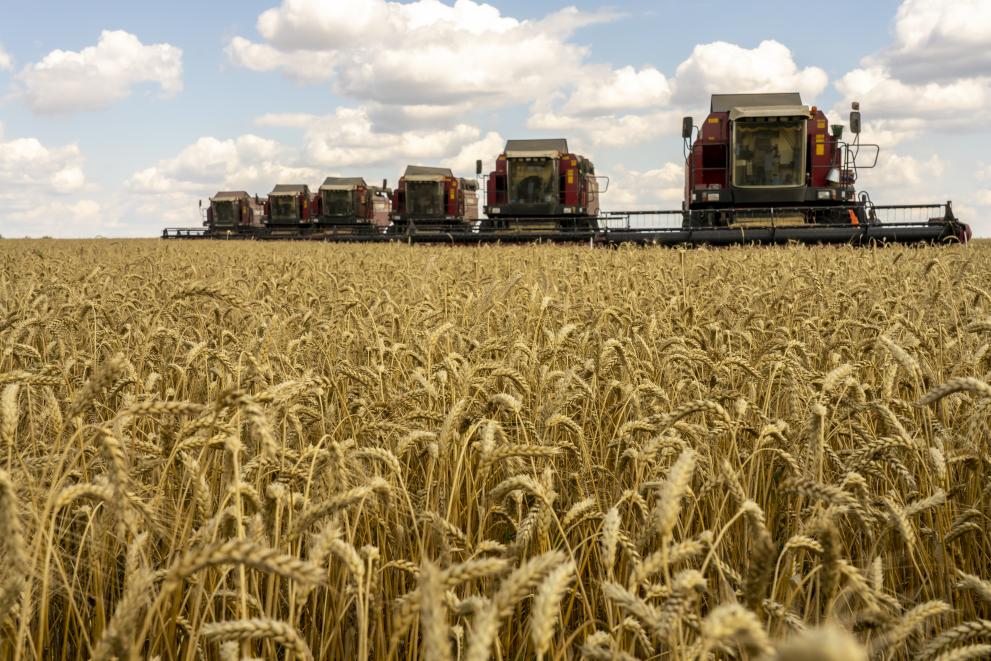
Two editions of the JRC MARS Bulletin global outlook series were published yesterday, on Russia and Kazakhstan.
The bulletin on Russia reports that after a difficult start to the season, marked by a dry and warm autumn, and followed by a severe cold spell around mid-March, subsequent favourable spring conditions helped the non-damaged winter cereals to recover, leading to fair yield expectations at the beginning of summer. However, the exceptionally warm conditions that prevailed throughout the summer, in large regions accompanied by persistent rainfall deficits, negatively affected the flowering and the yield formation stages of winter crops and spring cereals. Only south-western regions are expected to achieve good yields. Considering the country as a whole, the yield of wheat (of which Russia is one of the world’s main exporters) is expected to be almost 12% below last year’s level and 8% below the 5-year average. In contrast, for grain maize, which is mainly produced in the south-west, the outlook is very positive, close to record levels.
According to the bulletin on Kazakhstan, continued dry conditions, combined in many areas with warm temperatures, affected yield potential of winter and spring cereals in the main cereals producing areas. In eastern areas, more favourable water supply and thermal conditions helped crops to maintain a moderate yield prospect. At country level, the yield forecasts for winter and spring cereals are well below the 5-year average and below last year’s level; whereas for grain maize the yield outlook is slightly above these levels.
Further information
JRC MARS (Monitoring Agricultural Resources) Bulletins
The latest information about global agricultural production hotspots for countries with food insecurity risks is available on the JRC’s ASAP (Anomaly hot Spots of Agricultural Production) site.
Related Content
Details
- Publication date
- 28 September 2021
